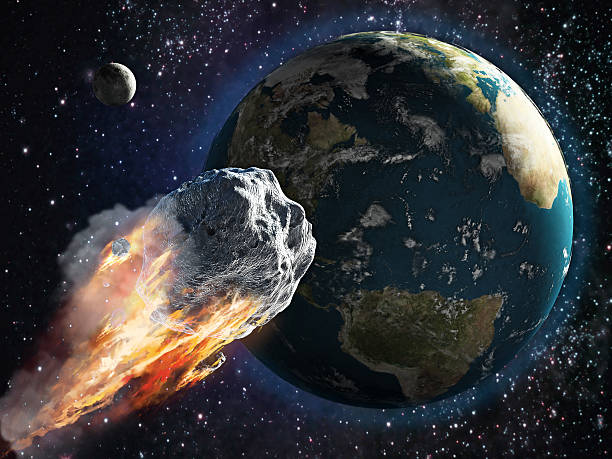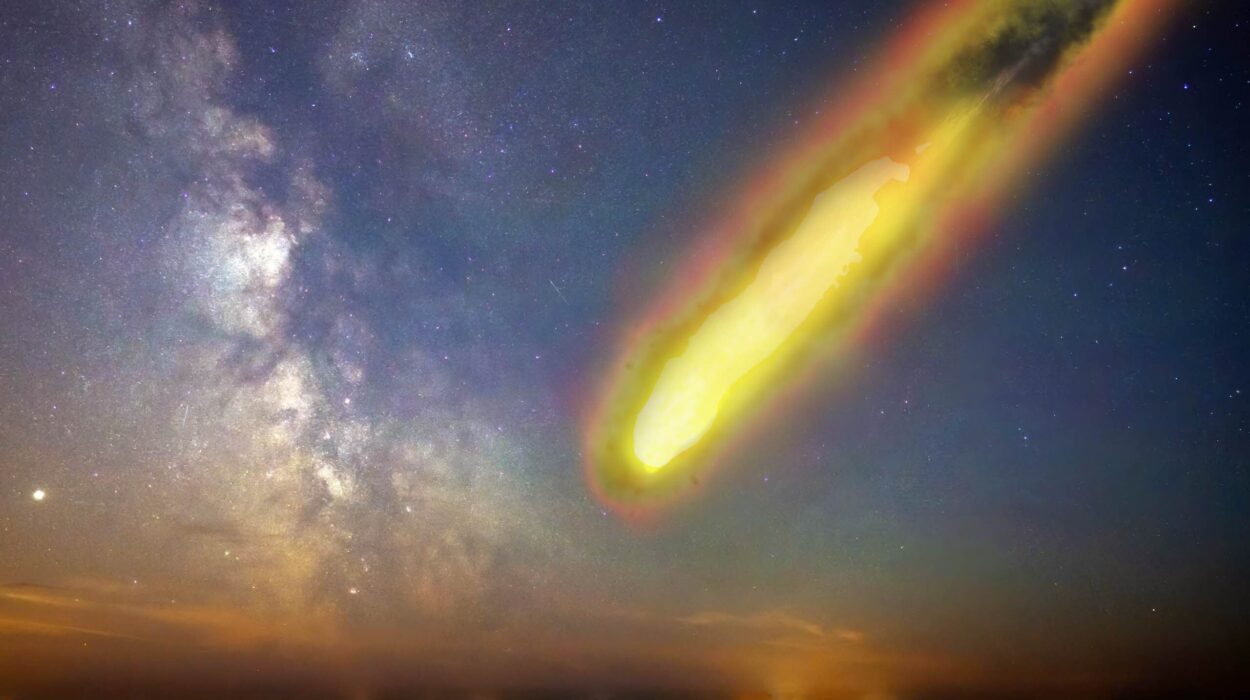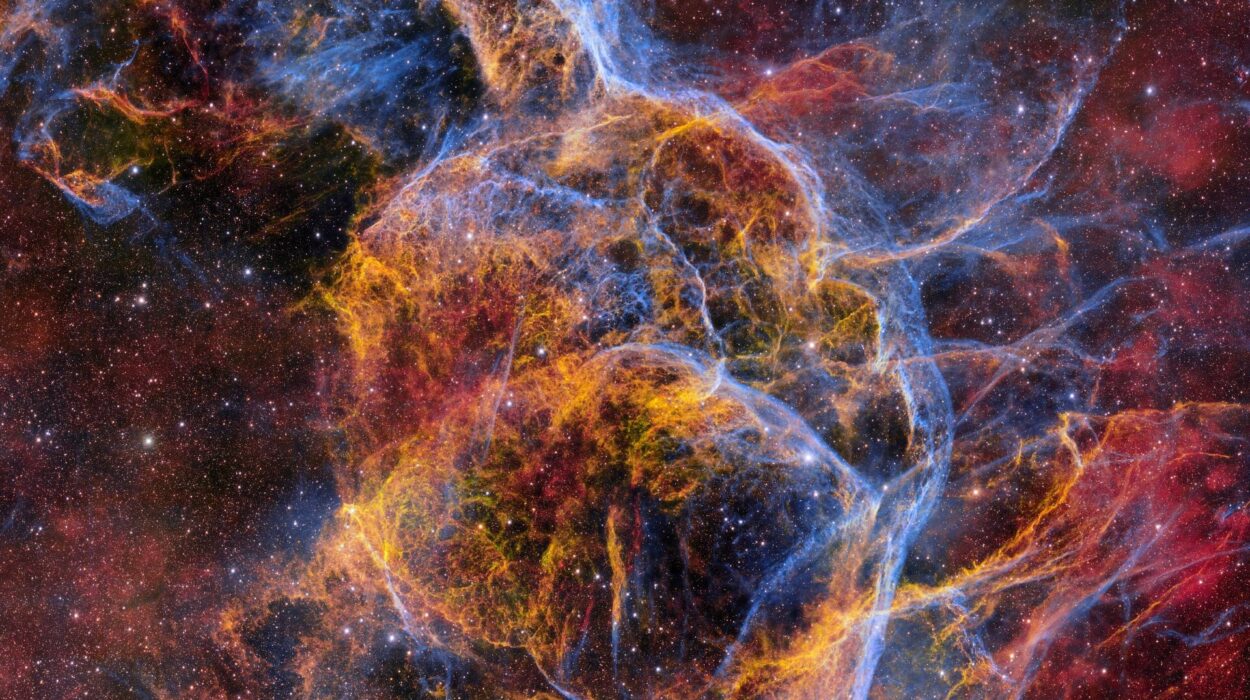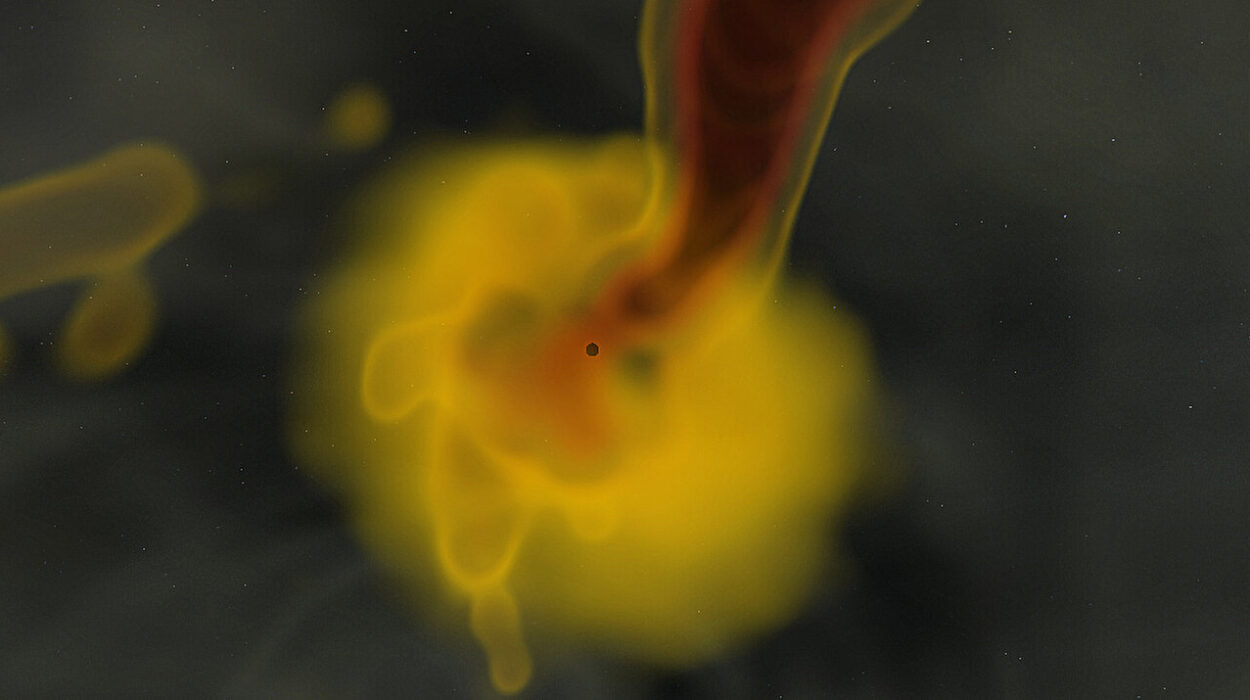When headlines blared that Asteroid 2024 YR4 had a 1–2% chance of striking Earth in 2032, a collective shiver ran down humanity’s spine. For a moment, the abstract threat of a world-ending space rock became painfully real. Then, just as quickly, updated measurements offered relief—this asteroid would miss us. This time.
But the close call left behind a chilling question: What happens when the next one doesn’t?
A new research paper from Swinburne University, published in Aerospace, explores this unsettling possibility—not with doomsday dramatics, but with a sober look at the ethical, legal, and social minefield humanity faces when it comes to both planetary defense and asteroid mining. According to the study’s lead author, Dr. Evie Kendal, a bioethics expert, our planetary readiness isn’t just about rocket fuel and impact velocity. It’s about who decides, who acts, and what rules—if any—govern our survival.
A Legal and Moral Vacuum in the Void of Space
“It is not just in planetary defense that human interactions with asteroids fall into an ethical and legal gray area,” Dr. Kendal says. “Asteroid mining continues to attract prospective businesses despite a lack of clarity regarding ownership rights.”
The paper’s findings paint a picture of a global community flying blind in an era of accelerating space activity. There are no universally binding treaties dictating who can alter an asteroid’s path, harvest its minerals, or launch a kinetic defense system in the face of a celestial threat.
What if an asteroid were heading toward Earth—and the only people with the means to stop it were in the private sector? What if those people had conflicting priorities?
The 2021 satirical film Don’t Look Up imagined just such a scenario: a planet-killing comet is discovered, only for the global response to unravel amid political incompetence and corporate greed. But Dr. Kendal warns that the comedy masked an urgent truth.
“In both the asteroid mining and planetary defense contexts, we can no longer rely on non-binding agreements or assumptions based on historical cooperation,” she says. “We need clear ethical and policy guidance to govern continued human activity in the space domain.”
When Profits Meet Planetary Survival
Mining the stars may sound like science fiction, but it’s fast becoming science fact. Companies around the world are eyeing near-Earth objects—asteroids packed with platinum, water, and rare earth elements—as the next great frontier of economic growth. But these ambitions are being pursued in a regulatory Wild West.
Questions of ownership, labor safety, taxation, and environmental impact—standard fare in Earth-bound industries—are murky or entirely absent in space law. Who, for instance, ensures the safety of off-world miners? Who decides where the extracted resources go? Could off-planet wealth deepen inequalities or even fuel future conflicts?
And perhaps most pressingly, should humanity be disturbing the space environment at all?
“If we mine space to fix Earth’s resource problems, we risk repeating the same extractive mistakes that led to climate change in the first place,” Dr. Kendal argues. “We need to ask not just how we use these resources, but where—so we don’t just shift problems from one environment to another.”
DART and the Dawn of Planetary Defense
In 2022, NASA proved that science could nudge fate. Its DART (Double Asteroid Redirection Test) mission—a collaboration with SpaceX—slammed a spacecraft into the moonlet Dimorphos, successfully altering its orbit around the larger asteroid Didymos. It was the first real test of a planetary defense strategy humans could someday use to save Earth.
It was also a prototype for how global defense might work: a space agency, a private company, international cooperation. But as Dr. Kendal notes, assuming that model will hold in the future may be dangerously naive.
“Most assume the UN-endorsed Space Mission Planning Advisory Group (SMPAG) will play a central role,” she says. “But recent tensions—such as those between U.S. President Donald Trump and Elon Musk, or decisions that have restricted NASA’s funding—suggest that political instability and private power could complicate any real response.”
The Clock Is Ticking
Asteroid 2024 YR4 isn’t our doom—but the next asteroid might be. Earth has been hit before. The impact that wiped out the dinosaurs 66 million years ago was just one of many celestial collisions in our planet’s past. Most objects that streak toward us today burn up harmlessly in the atmosphere. But a rock the size of a small city doesn’t need to hit ground zero to cause global catastrophe. Even a splashdown in an ocean could trigger megatsunamis, disrupt climate systems, and plunge the world into chaos.
And yet, for all that’s at stake, humanity has no centralized protocol for mounting a planetary defense. No single organization has the authority to intercept a threat. There is no globally ratified ethical code for how—and by whom—such life-altering decisions are made.
“We must act now,” Dr. Kendal says. “The cost of unpreparedness is too high. Ethical frameworks, legal structures, and international cooperation must be established before—not after—the next warning bell rings.”
Whose Planet Is It, Anyway?
The looming challenge of asteroid defense is deeply entwined with the rush to mine the heavens. As private companies invest in space infrastructure, they gain unprecedented influence over planetary safety. That reality demands accountability, transparency, and international oversight.
The current Outer Space Treaty of 1967 prohibits countries from claiming sovereignty over celestial bodies. But it doesn’t prevent corporations from exploiting them. Nor does it establish meaningful rules about the military use of space technologies—many of which overlap with defense systems.
Without robust international governance, the same tools that could save Earth could be used to assert power, privilege, or profit. The idea that a single private entity could redirect an asteroid—either for defense or resources—should make us all pause.
A New Frontier, A New Responsibility
Humanity stands on the cusp of becoming a spacefaring civilization. But in the vacuum of space, ethics and law don’t simply materialize. They must be written, tested, and upheld—by a community that recognizes its shared vulnerability and responsibility.
The challenge of planetary defense is not only a scientific one. It is a moral test of our global maturity. It asks whether we can act not just out of self-interest, but for the sake of a future we may never see—a future that, without decisive leadership and ethical clarity, could vanish in a flash of cosmic fire.
In the sky above, thousands of near-Earth objects continue to drift, ancient and indifferent. One day, one of them may line up with our orbit, our fate, our fragile blue dot. And when that day comes, will we be ready—not just with rockets, but with rules?
That answer is being written now, in policy papers and courtroom debates, in satellite missions and international treaties. But as of today, the system is fragmented. The clock is ticking. And the next asteroid doesn’t care if our lawyers are still arguing when it arrives.
Reference: Evie Kendal et al, Technical Challenges and Ethical, Legal and Social Issues (ELSI) for Asteroid Mining and Planetary Defense, Aerospace (2025). DOI: 10.3390/aerospace12060544






